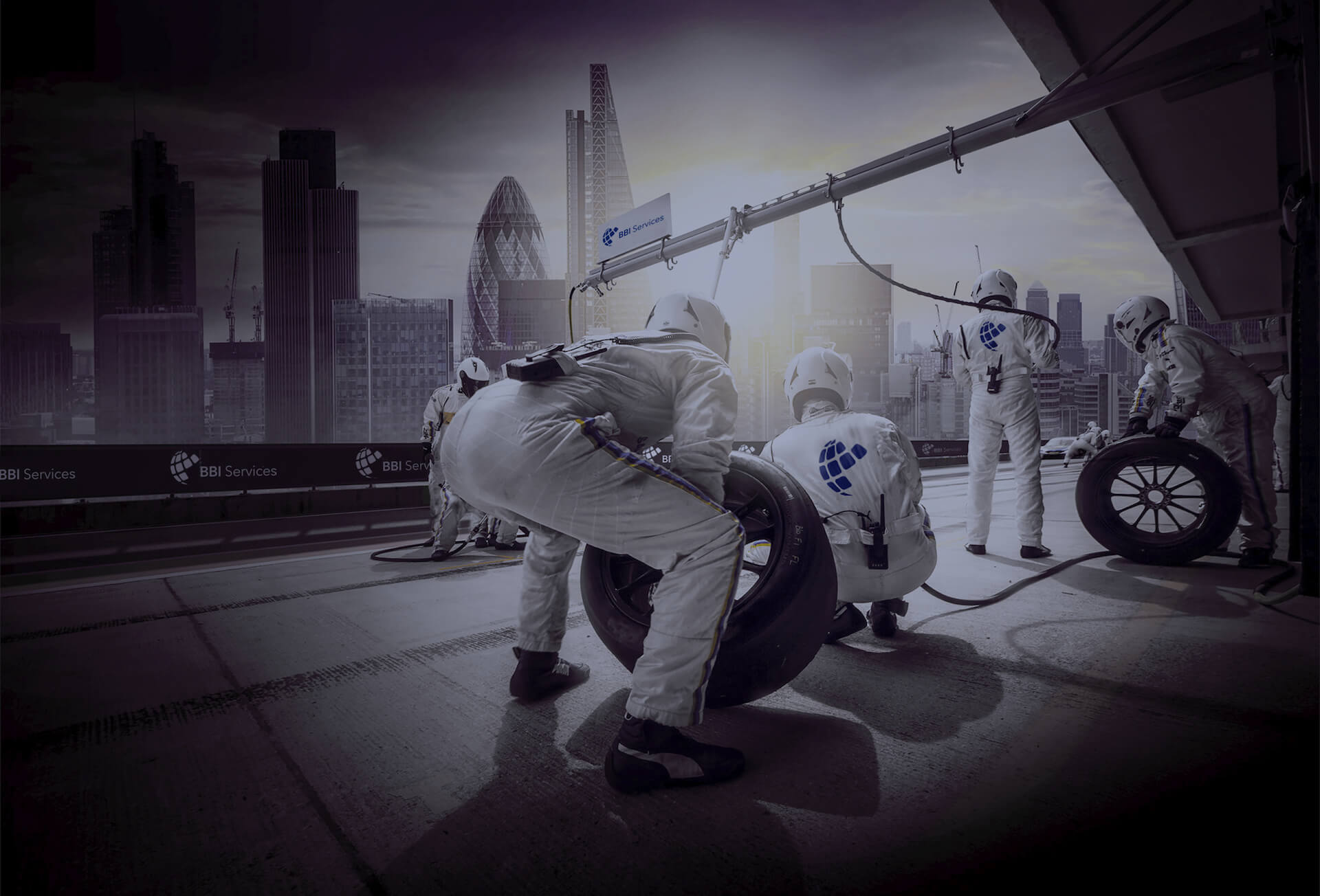Mark Worrall, CEO of BBI Services, explains why common approaches to cutting costs on construction projects are often counterproductive.
Business, even when conducted with the best of intentions, is ultimately about making money.
You can be passionate, driven, dedicated to quality, and committed to providing your customers with the very best customer service, but if you’re not turning a profit, then you very quickly find yourself in trouble.
That’s why so many firms up and down the construction supply chain are so fixated on the cost of something, but not the value it brings. Lower costs equal higher margins, which means more profit, and a healthier, more successful business.
So on the surface, at least, it’s a no-brainer – why wouldn’t you strive to minimise cost in every aspect of what you do? We aim to do this but approach it differently.
The real trick is to focus on what creates value, and where is it added, and aim to eliminate anything non-value adding. Therefore, an excessive focus on cost-cutting can often lead to the opposite of the desired effect – mostly because people approach it the wrong way.
Research has identified that productivity in the construction sector has flatlined for 20 years while other sectors have dramatically improved. Ref 3
In addition, research has also identified that 21% of project costs are wasted on poor quality with only 5% of this seen ‘’above the water line’’, e.g. 7% is indirect costs and 6% process costs. Ref 1
So, tackling productivity and quality have a dramatic effect on costs, but also programme and client satisfaction.
A productive and right first-time process or site is a safer site. This is supported by research carried out in Australia, that highlighted that 39% of safety issues were really quality specific, with a 70% higher likelihood of injury when performing rework. Ref 2
Focus on what adds value – to you and your customers
Most companies focus their cost-cutting efforts at the start of the project – on cutting or squeezing the money spent on materials, hiring of contractors and so on.
But much of the cash that’s wasted is often found during the build process, when errors and delays created by poor planning, productivity, quality or implementation have impacted and need to be remedied.
So, if your cost-cutting attempts are solely focused on reducing the initial outlay earlier on in the project – getting materials more cheaply, hiring cheaper contractors etc – you actually run the risk of increasing these costs, not cutting them.
If you get material that’s of a lower quality, delivered by less reputable suppliers, and fitted by tradespeople with less experience and professionalism all because your overriding objective has been to cut costs, the quality of the finished project is going to suffer – which means cancelling out any savings you might have made when costly rework is required.
Let cost take care of itself
At BBI Services, we believe that a totally different approach is required. It’s not about obsessively focusing on cost. It’s about rigorously tackling issues around quality, productivity, value, and safety – which, if you solve them, mean that cost will take care of itself.
When it comes to thinking about cost, we drive the businesses we work with to not just think about the money they spend up front, but really explore, challenge, and streamline all operations in order to drive waste out and embed value right first time, every time.
Do you ask procurement to find the cheapest quote? Or do you really work closely with strategic suppliers and partners to engage early and drive high value solutions swiftly.
So, when you think about it, it’s quite simple – would you rather pay slightly more for a better company that gives you a trouble-free process, products and engage with you collaboratively.
A common response we receive to this line of argument is “if we can’t competitively tender, then how can we get a competitive price?”
But it’s not as black and white as that. It’s perfectly possible to work with a supplier to collaboratively improve productivity, streamline processes, drive quality, and optimise logistics. In doing so, this will drive the value up and strip out wastes, which in turn cut costs. This further allows you to reap the benefits of working with a more reputable and professional organisations.
Applying our end-to-end systematic approach, will drive value.
If you really want to cut costs, think of productivity, quality and health and safety as a triangle, with cost in the middle. Work to get the tangible three aspects right, and costs will automatically be reduced.
And don’t forget to implement lessons you’ve learned on previous projects to maximise performance on the next one. All too often, we see businesses who’ve been doing things the same way for twenty years, not taking into account how we need to make small steps everyday, and missing vital opportunities to streamline their processes.
We can help you
At BBI, we help some of the construction sector’s biggest and most established businesses do better.
By rigorously honing their processes, driving sweeping cultural change, and ensuring that best practise is common practise in every sphere, BBI supports world-leading organisations become more streamlined and effective.
We can do the same for you – and ensure you become more sustainable than ever before.
Notes to editor:
Ref 1 – Construction Productivity Taskforce – https://www.bethebusiness.com/construction-productivity-taskforce/
Ref 2 – John Morrison, Peter E.D Love and Pauline Teo discovered1. Analysis of quality and safety data from over 500 construction projects found there’s 70% greater probability of being injured while attending to rework.
Ref 3 – Quality report giri – http://consig.org/wp-content/uploads/2019/01/GIRI-strategy-for-change.pdf
